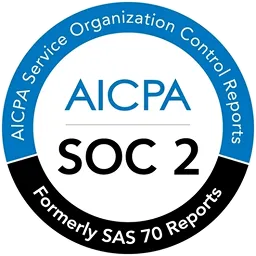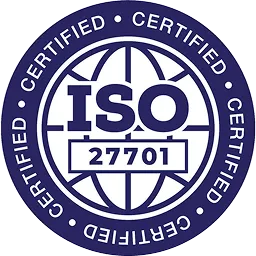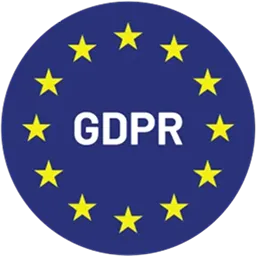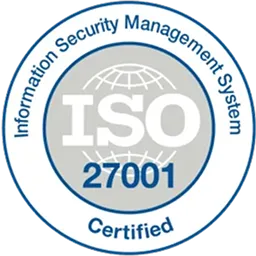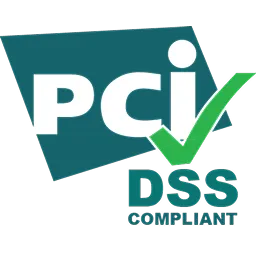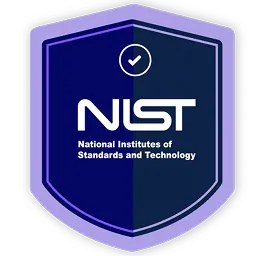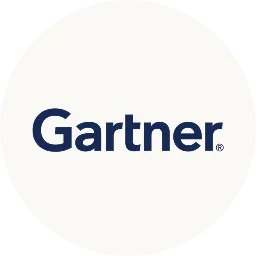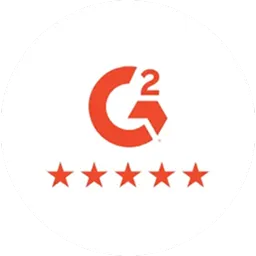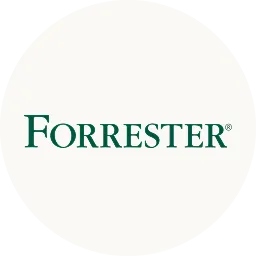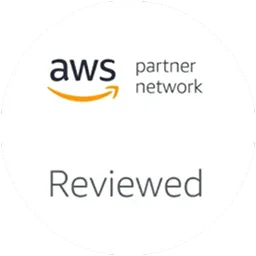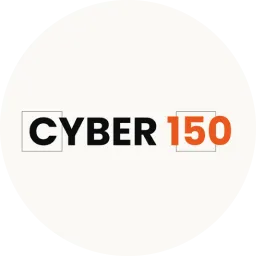SOC2- Your ticket to information assurance and customer satisfaction.
Are you strategic in your approach to risk and compliance?
In the new market landscape, it may make all the difference between success and failure. In 2020, the number of data breach cases reported in the US alone jumped 270%.
The data stolen included everything from credit card numbers to social security numbers. For the average business owner, a lot could be at stake in the event of a breach.
High-value customers may become wary of doing business with you, and the negative publicity may send stock prices tumbling overnight. In addition, the cost of settling lawsuits could run into millions of dollars, if not more.
Despite all your attempts at damage control, reclaiming market share after a breach could take years. If earning customers' trust is hard, imagine the lengths you would have to go to regain it!
As perpetrators always adopt more sophisticated methods of stealing consumer data, you need a robust risk and compliance strategy to outsmart them. You should also consider getting your data management processes audited by an external agency.
This is particularly important if you outsource to an offshore third-party vendor who may or may not have the same security protocols as you do.
This is where SOC2 certification comes in. It can help standardize your compliance and data security protocols, both internally and across your vendor network. However, you must have a clear, time-bound plan to prepare for a SOC2 audit.
In this article, you will find all the information you need to meet the various SOC2 requirements and qualify with ease, year after year:
What is SOC2?

Let’s get down to the basics. It will give you a conceptual idea about SOC2.
SOC2 stands for System and Organizational Control Level 2. It is a set of audit criteria used for assessing whether an organization has appropriate checks and balances in place for securely handling customer information.
It's of two types: SOC 2 Type 1 and Type 2. The difference between the two audits is that Type 1 certifies that an organization has the required processes in place while Type 2 validates continued adherence to them over a period of time. SOC 2 thus provides a strategic framework around which an organization can build robust data security policies.
Any ITeS business involved in storing, processing, or developing products based on data can benefit from SOC 2 certification. This includes product as well as service companies.
Licensed CPA firms with expertise in data security can perform SOC2 audits. It is important to note that CPAs unrecognized by the AICPA do not have the ability to conduct SOC2 audits. While it is up to an organization to choose its own CPA firm, it is useful to study the AICPA guidelines in this regard.
In addition, look up the firm’s auditors on LinkedIn and verify their credentials. This will help you pick the auditors best suited for the job and get professional advice on any process gaps you may have.
What are the Assessment Criteria for SOC 2 Compliance?
Next, it’s time to understand the parameters on which you will be assessed during the audit.
The broad criteria for SOC 2 recommended by the AICPA are:
Security: The security principle ensures your data is protected from any unauthorized access and prevents system abuse, theft, and unauthorized removal of data. It features a robust authentication process for everyone accessing your business data, ranging from employees to third-party vendors.
Commonly known solutions to achieve this are firewalls, two-factor authentication, and intrusion detection and prevention systems.
Zluri helps you secure your organization from unsecured or non-compliant cloud apps and by discovering shadow IT. It helps you help you find out which SaaS apps employees are using (or not using).
Availability: Ensuring services are accessible for operations outlined in an organization’s Terms and Conditions. This also includes business continuity plans in the event of a service disruption.
It's important to note that availability is different from reliability. A service can be available though less reliable during certain times.
In today's world, a highly available system means access to the system 24/7. 99.99% availability has become common in today.
Integrity: Zero errors or changes to user data while processing data. This means, data processing must be valid, complete, authorized, accurate, and timely. To ensure integrity, only authorized sources must be allowed to change data.
This is important for organizations where a lot of transactions are involved, such as financial organizations. Measures to protect the integrity of data include error checking methods, such as checksums and file hashing.
Privacy: Preventing unauthorized use of personal user data relating to health, finances, relationship status, political affiliation, race, gender, etc. Giving consumers the option to opt-out of services on demand.
Confidentiality: Taking adequate measures to protect user privacy, including summarizing or generalizing confidential data to hide individual user identities.
The governing body for SOC2 certification is the American Institute of Certified Public Accountants Inc. (AICPA). It develops the various audit criteria and issues licenses to CPA firms that perform the audits.
Unlike other quality assurance systems like ISO9001, the AICPA does not have ‘pass or fail’ metrics to assess an organization. Rather, it has a general set of criteria that can be adapted to specific domains or business models.
Being SOC 2 compliant requires that you meet the standard security criteria mentioned by AICPA. Moreover, company managements are free to choose any of the remaining four criteria they want to be audited on.
In other words, you can opt out of criteria that do not apply to your business vertical. However, it is important to clearly explain to clients your rationale for choosing the criteria you have.
For example, if you process data for a client, you can get audited for all of the criteria while a cloud provider that hosts the data might choose only the availability criteria apart from security.
How does SOC 2 Compliance add to the Credibility of your Firm?
Given the fact that more countries are enacting privacy and data protection laws, a SOC 2 certification can give your business the following competitive advantages:
Reputation: Trust marks like VeriSign and McAfee Secure are proven to have helped eCommerce brands boost consumer confidence and drive conversions. Similarly, SOC2 can help your business build a solid reputation for data security with B2B clients.
They have the same expectations when it comes to risk and compliance. Even if you have been using Governance, Risk, and Compliance (GRC) software, a SOC2 certification will add to your credentials as a sensitive business to customer needs.
Prevents losses: Hackers make no distinctions between businesses small or large. As far back as 2019, companies were losing over $200,000 per year on average to cyber-attacks. This number is likely to have increased substantially by now, given a steady rise in the number of attacks.
SOC2 certification can help you proactively find and address potential security risks and prevent losses.
Expand to new markets: SOC2 compliance is a mandatory requirement for international brands aspiring to enter the US market. The North American market is one of the most lucrative in the world, so SOC 2 certification is certainly worth the effort.
While security is the only criterion that is a must in the US, other criteria may be applicable in other countries. In addition, given the increased media attention on privacy issues, businesses must take proactive steps to meet evolving regulatory requirements.
Risk Awareness: Growth-oriented start-ups usually do not address data security risks in their business plans at the very outset. Those that do are very ad-hoc in their approach.
In an emergency, the lack of data protection Standard Operating Procedures (SOPs) could lead to the loss of valuable time and exacerbate their losses. A SOC2 audit can help founders and CIOs become more aware of the vulnerabilities of their systems and processes.
It can give them a ready framework on which to build robust IT policies and procedures. This can go a long way in improving governance, increasing efficiency, and reducing operating costs.






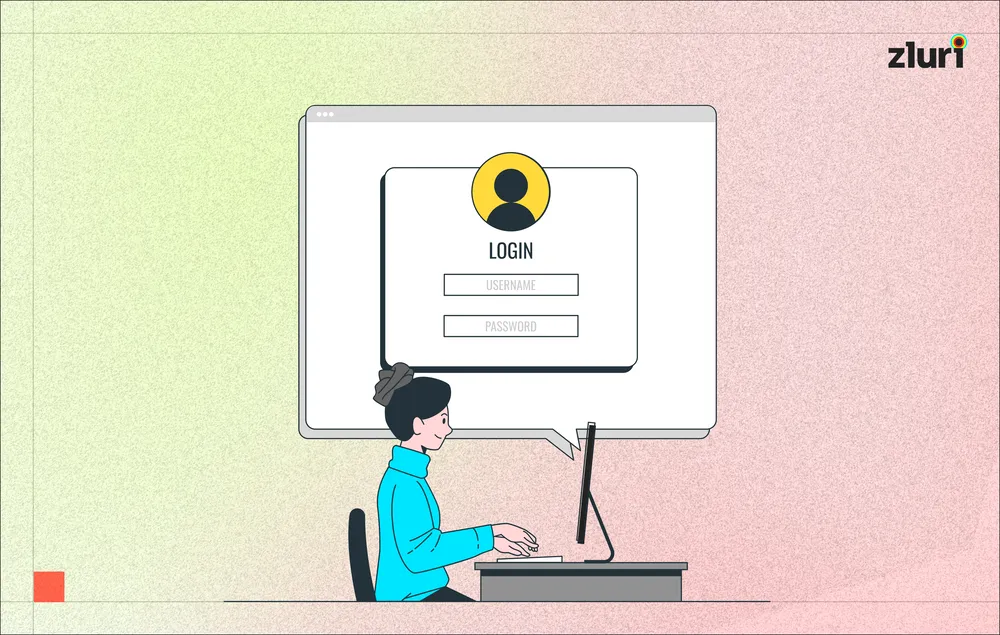
.png)

.svg)



